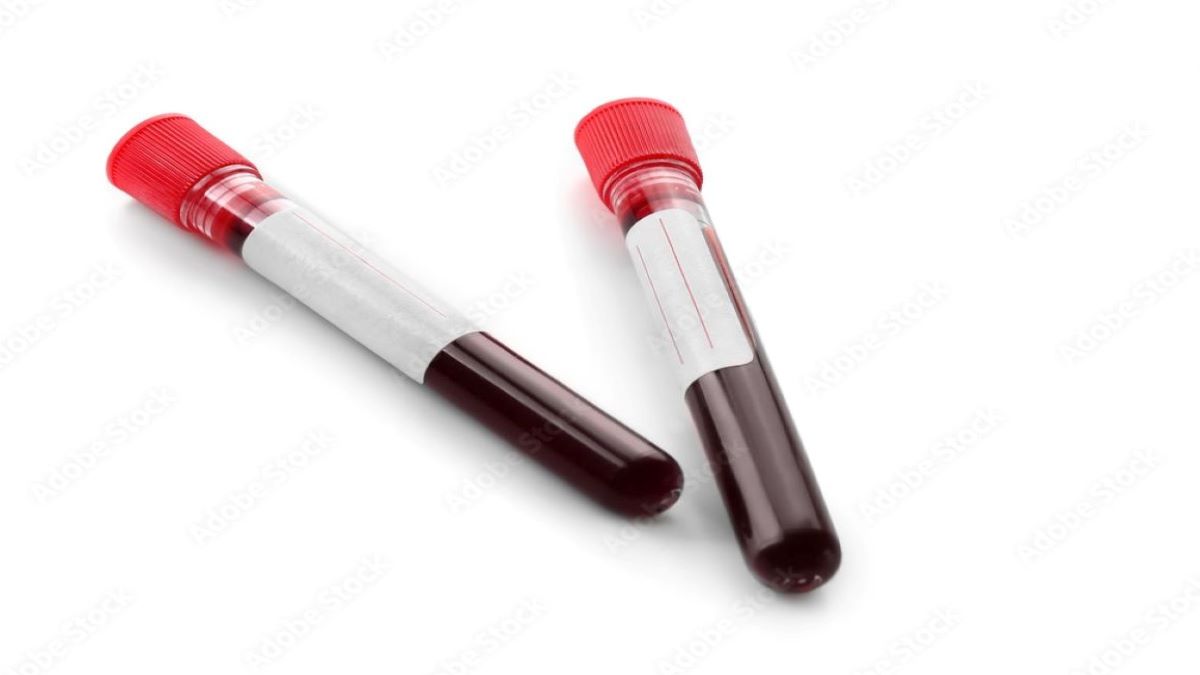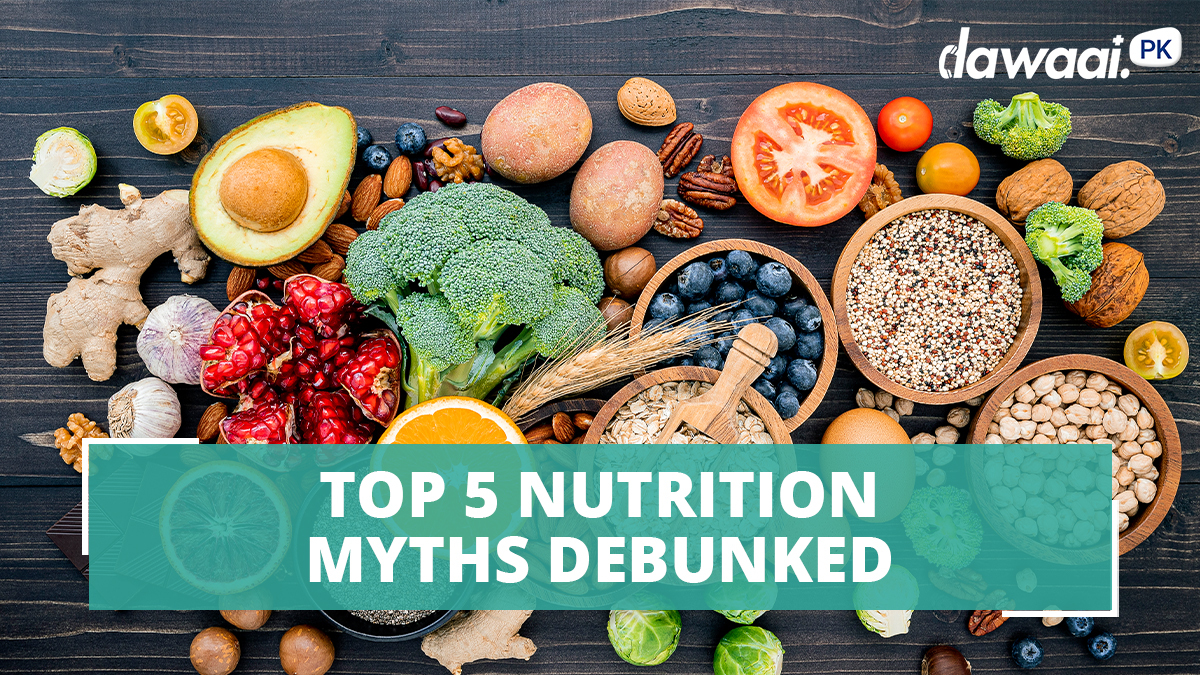Medically reviewed by Dr. Riaz Ali Shah.
Top 10 FAQs on blood donation
All of us are affected by the demand for blood. Eight out of every ten people require blood or blood products at some point in their life. One out of every 10 hospital patients need a blood transfusion. The number of blood donations that patients get is determined on their medical status. Although a patient requires an average of three donations, some patients require many more. The demand for blood is never-ending. Blood donations save lives and every blood donation provides a new chance of life to the person who receives it.
1. Why is there a need for blood?
Blood is in continual demand for the treatment of individuals engaged in accidents, as well as those suffering from anemia, malaria, cancer, or a bleeding problem such as hemophilia. Many surgical operations would be impossible to perform without the availability of blood. Blood may be required during or after childbirth, or for an exchange transfusion in newborns.
2. Who can give blood, and how often?
The requirements for donor selection may differ from country to country, however most persons who are healthy and do not have an illness that may be transferred via their blood can give blood. A healthy individual can donate blood on a regular basis which is at least twice a year.
3. Who should not give blood?
One cannot donate blood if they are feeling unwell, are anemic, pregnant, or have been pregnant within the last year or are breastfeeding. People with certain medical conditions such as heart disease, low or high blood pressure, diabetes or epilepsy who are on certain medications, such as blood thinners or antibiotics should also not donate blood or consult a doctor before planning to.
4. Are there age limits for blood donors?
Any heathy individual in the age bracket of 18-65 can donate blood safely.
5. Will donating blood hurt?
There may be a slight sting at the beginning that lasts for a few seconds, but there should be no discomfort during the donation.
6. How much blood will be taken?
In most countries, the amount of blood collected is upto 500 milliliters, which is less than 10% of an individual’s entire blood volume. Within 36 hours, the body will restore the lost fluid.
7. How often can one donate blood?
Every 56 days, one can donate blood. Red blood cells will return to normal levels within two weeks of donation. Platelets can be given up to twice in a seven-day period, or 24 times in a calendar year. Platelets and plasma components renew faster in the body than red cells. Platelets will return to normal levels after a few hours of administration. Plasma, the blood’s liquid component, takes a few days to develop.
8. What is the universal blood type?
The universal donor is a type O negative individual who can give blood to any other blood type. The universal receiver is an AB positive individual who can accept blood from any other blood type.
9. I recently received the Covid-19 vaccine. Will I be deferred?
Provided one feels well afterwards, there is no deferment for people COVID-19 vaccinations that have gained Emergency Use Authorization or have been authorized for public use.
10. What can you do if you aren’t eligible to donate?
While a person may be unable to donate, he or she may be able to find a potential donor. Blood banks are always on the lookout for volunteers to assist with blood draws or to organize mobile blood drives. Furthermore, monetary donations are always appreciated to assist guarantee that blood banks can continue to deliver safe and sufficient blood to individuals in need.
Citations
ABC, 2019. Blood Donation FAQs. America’s Blood Centers. Available at: https://americasblood.org/for-donors/blood-donation-faqs/
Shaukatkhanum, 2021. shaukatkhanum.org.pk. Available at: https://shaukatkhanum.org.pk/join-us/blood-donors-club/
WHO, 2021. Who can give blood. World Health Organization. Available at: https://www.who.int/campaigns/world-blood-donor-day/2018/who-can-give-blood
Redcrossblood, 2021. Can I donate after receiving a COVID-19 vaccine? Donate Blood, Platelets or Plasma. Give Life. Available at: https://www.redcrossblood.org/local-homepage/news/article/covid-19-vaccination-guide-blood-donation.html




